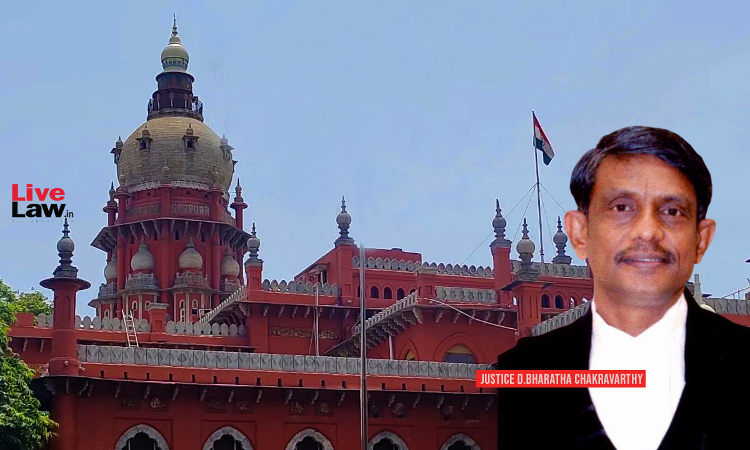Passenger May Be Prosecuted For Motor Accident Caused By Drunk Driver: Madras High Court
Upasana Sajeev
5 Aug 2022 2:09 PM IST

"Positive act" of travelling in a car with an inebriated driver amounts to instigation of offence.
Next Story
5 Aug 2022 2:09 PM IST
